Hope for Corporate teams in crisis
How does a coach help teams in crisis?
Have you ever been in a situation where it’s like someone just dropped a hand grenade into the team? Something has happened and all of a sudden, everything is shattered and you don’t know how your people can come back from that. Bringing in a coach to support your team in times of difficulty can be part of the answer.
Of course it all depends how you define a crisis…. For example, companies may consider a drop in team performance or outputs as an emergency situation that needs to be addressed immediately. The breakup of relationships can also have a disastrous ripple effect. Or it may be that a particular team is not scoring well in a particular area and you need to understand the root cause and how to improve the situation.
I wouldn't necessarily describe these as a crisis, but I do know that whatever you are facing, a coach can help teams in crisis because it invariably comes down to a question of trust. Trust in your teammates, others trust in the team’s ability, the team’s trust in itself. Lack of trust is one of the characteristics of a dysfunctional team and it is something we focus heavily on at Sirise Coaching.
Re-establishing trust
Getting team members to trust one another again is very often the first thing that needs to be done to help a team recover from whatever damage has been done. Of course trust issues are not restricted to teams in crisis. Perhaps you are in a situation where the team has evolved over time but never really established the level of trust that it needs to be effective. So there's different situations where trust has been absent or insufficient but it’s most obvious in teams in crisis. Where trust has been damaged, it needs to be rebuilt and this takes a process of commitment, a willingness to be vulnerable and accountable.
This is why I often focus on a number of authentic ways to build trust in a team. However as I said, you don’t need a crisis to engage a team coach. You may have a team that has recently come together, perhaps through a merger or restructure, and interpersonal relationships and understanding still need to be established. Anywhere where people are questioning whether they trust each other can benefit from the team coaching process.
What about warring team members?
This can be a real consideration in any working environment where particular people don’t get on. However I have discovered that it’s very rare that people are fundamentally unable to be a team player. Most people have the ability to work well within a team. The problem is not so much with a person, the problem relates to connections. If there is a dispute between coworkers or a clash of personalities, this is a result of a lack of connection between people. So, rather than labelling the people as the problem I explore ways to connect people and regain their trust in each other.
There is much that can be done here – individuals may need coaching on their own, as well as within the team. From a team perspective, it helps to revisit how a team is going to work together in future especially if there is disagreement. The team needs to collectively determine how that will that be managed. Getting things out in the open and setting out expectations is key. I have done some work with teams in crisis concerning their behaviours. We explore the behaviour patterns that are to be expected from each other and how we will tackle or call out behaviours that are inappropriate.
As a a team coach, you help any team, especially teams in crisis to examine all the various elements of their working relationship, and then try and focus in on those areas that need some kind of conscious development. And the good thing about team coaching is that it's not a one-off piece of work to fix things. It's actually about creating a shift in team culture. So when the coaching process is complete you will have a team that is in a much better position on an ongoing basis. A place where they are connecting with each other and able to move forward together.
Team coaching can be highly beneficial to any organisation, with many benefits including crisis management.
Sarah
Sirise Coaching can help with dysfunctional groups or teams in crisis. Please email me at sarah.parr@sirise.co.uk to discuss your particular coaching needs.


